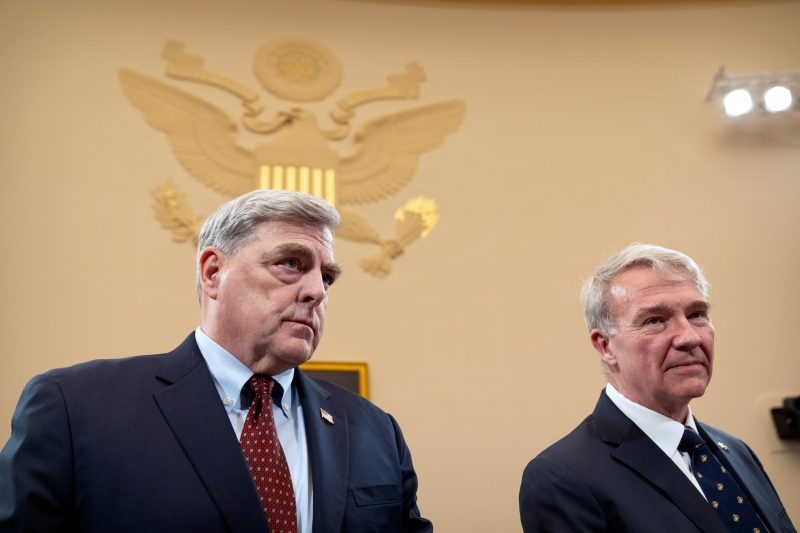The recent withdrawal of U.S. troops from Afghanistan has sparked intense debate and criticism, particularly from Republicans who have been vocal in their disapproval of how President Biden has handled the situation. This controversial decision has had far-reaching consequences and has been a focal point of political discourse in recent weeks.
One of the key criticisms leveled against President Biden by Republicans is his handling of the evacuation process, which has been described as chaotic and poorly planned. Many have pointed to the scenes of chaos at the Kabul airport, where thousands of desperate Afghans attempted to flee the country, as evidence of the administration’s mismanagement of the withdrawal.
In addition, Republicans have slammed President Biden for failing to anticipate the rapid advance of the Taliban and for not having a clear strategy in place to prevent the collapse of the Afghan government. Critics argue that the administration was ill-prepared for the swift Taliban takeover and that the chaotic scenes in Kabul were a direct result of this lack of foresight.
Furthermore, Republicans have accused President Biden of abandoning Afghan allies and leaving them at the mercy of the Taliban. Many have expressed concern for the safety of Afghan interpreters, translators, and other individuals who worked with U.S. forces and are now at risk of reprisals from the Taliban. Critics argue that the administration has a moral obligation to ensure the safety of these individuals and that the hasty withdrawal has put their lives in jeopardy.
The fallout from the withdrawal has also raised questions about the United States’ credibility on the world stage. Many Republicans have argued that the chaotic exit from Afghanistan has damaged America’s reputation as a reliable ally and a global superpower. Critics warn that the botched withdrawal could embolden America’s adversaries and undermine the country’s influence and standing in international affairs.
In response to these criticisms, the Biden administration has defended its handling of the withdrawal, emphasizing the need to end America’s longest war and bring U.S. troops home. President Biden has reiterated that the decision to withdraw was made in the best interests of the United States and that it was time to bring an end to the conflict in Afghanistan.
Despite these assurances, the fallout from the withdrawal continues to reverberate both domestically and internationally. The ongoing debate and criticism surrounding the administration’s handling of the Afghan exit highlight the deep divisions and differences of opinion within American politics and underscore the complexities of foreign policy decision-making in an increasingly volatile world.

